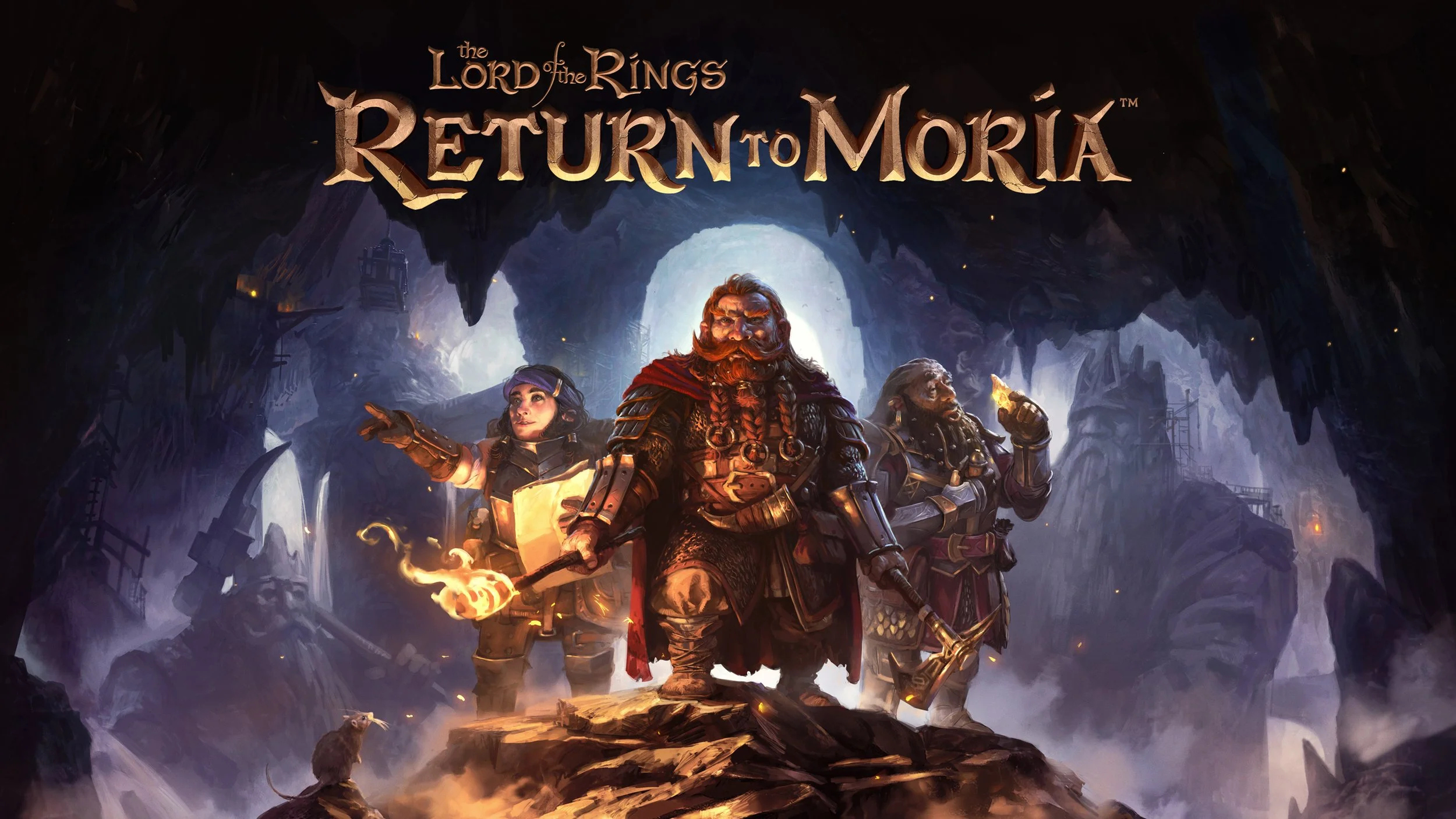I am a well-rounded game designer with 6 years of experience in the industry, entirely in Unreal Engine 4 & 5. I have worked in mission design, quest design, level design, and assisted with narrative design on small and large projects, 30-200 people. Large indie and AAA experience, singleplayer and multiplayer. Looking for the next challenge, in a role where I can take advantage of my broad knowledge base.
I can assist in almost any design task, but I am most passionate when I own a large piece of content as a product owner and see it through from beginning to end. I have experience in every stage of the content’s lifecycle: pitching levels and missions in paper design; iterating on director feedback from kickoff; rapidly standing up a blockout for feedback; prototyping any necessary mechanics in Blueprint; properly implementing a project’s features and workflow; and polishing for ship. Collaborating with stakeholders from every other department along the way, of course!
In my spare time, I enjoy writing fiction and non-fiction, novels and essays. I'm also a sucker for 18th century British Romantic-era poetry.
Portfolio
Fortnite | Zero HOUR Live event
Level Design II, 4 month contract. Level design and support for the Zero Hour event waiting room, main event, and a cut horde mode. 10.5 million concurrent player count, shipped.
LOTR: Return to Moria
Level Design, 1.5 years. Created “bubbles” and layouts to be placed in a random order with procedural generation: hubs, boss arenas, puzzles, and exploration areas. Small team. Shipped.
UNANNOUNCED UE5 Project
Quest Design, 2 years. Open-world, multiplayer, story-driven project. AAA, 100+ person team. NDA.
THE CALlisto Protocol
Junior & Level Design, 2 years. Puzzles, combat encounters, solo maintenance on two levels, and setpiece design. Assisted with scripted event implementation. AAA, 100+ person team. Shipped.
-
-
email: tracy.runanin.telle@gmail.com
phone no. (415) 717-8325
linkedin: tracy runanin-telle





